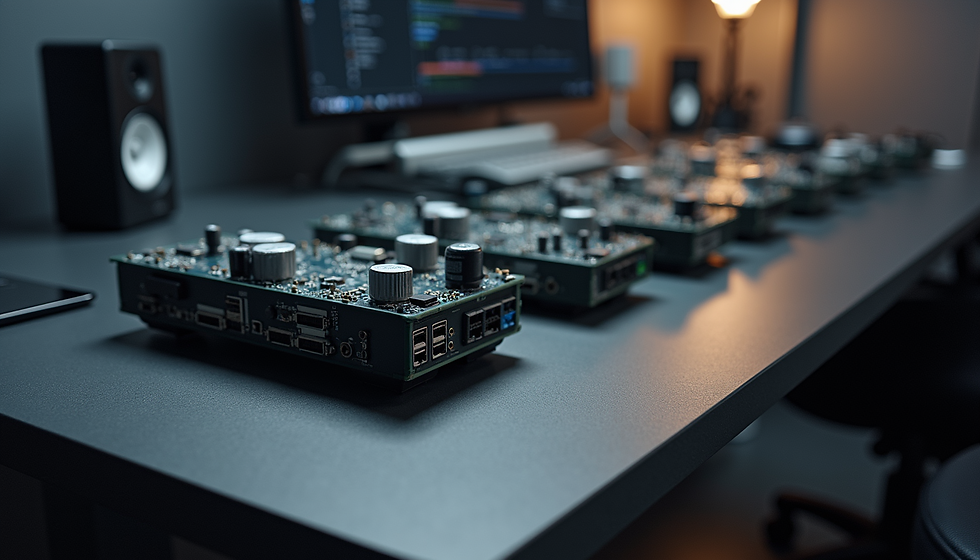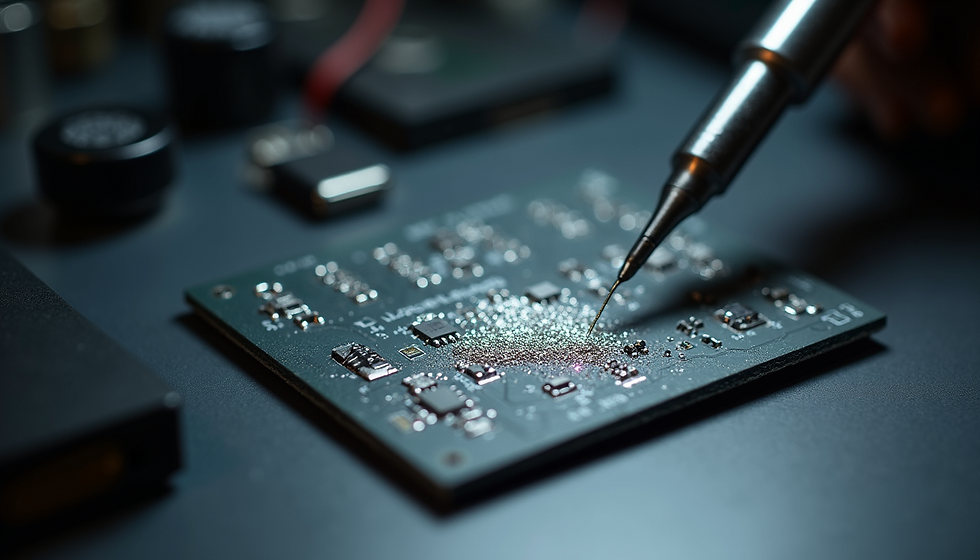Thermal Paste 101: Everything You Need to Know
- syntrexchemical
- Jun 16, 2025
- 2 min read
When it comes to optimizing the performance of your electronic devices, one often overlooked but crucial component is thermal paste. This unsung hero plays a significant role in ensuring efficient heat transfer between the CPU and the heatsink, ultimately preventing overheating and potential damage to your hardware.

Thermal paste, also known as thermal grease or thermal compound, is a thermally conductive compound that fills the microscopic gaps and irregularities between the CPU and heatsink. By eliminating air pockets and enhancing the contact between the two surfaces, thermal paste facilitates the transfer of heat away from the CPU to the heatsink, where it can be dissipated. Choosing the right thermal paste for your system is essential to maximize heat dissipation and maintain optimal operating temperatures. There are several types of thermal paste available on the market, including silicone-based, metal-based, and ceramic-based compounds. Each type has its unique thermal conductivity and application methods, so it's crucial to select the one that best suits your specific needs. When applying thermal paste, less is often more. A small pea-sized amount placed at the center of the CPU is typically sufficient to create a thin, even layer when the heatsink is attached. Excessive application can lead to overheating and inefficient heat transfer, so it's important to exercise caution and follow the manufacturer's guidelines for optimal performance. Regularly replacing thermal paste is recommended, as it can degrade over time due to temperature fluctuations and aging. By reapplying thermal paste every couple of years, you can ensure that your system continues to operate at peak efficiency and avoid potential thermal issues down the line. In conclusion, thermal paste is a critical component in maintaining the longevity and performance of your electronic devices. By understanding its importance and following best practices for application, you can optimize heat dissipation and prevent overheating, ultimately extending the lifespan of your hardware.



Comments